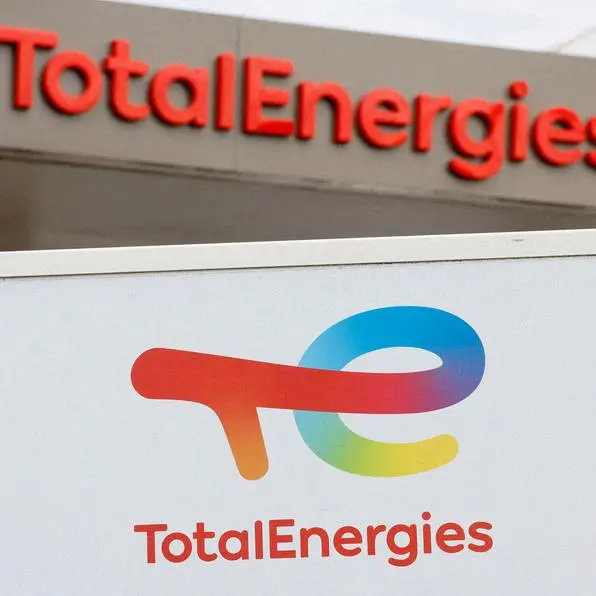PHOTO
Forget about inflation. Amid the rising commodity prices, some manufacturers are quietly shrinking their package sizes while maintaining prices. Dubbed as “shrinkflation”, the phenomenon is accelerating globally and the Egyptian market is no exception.
Shrinkflation is when the price of goods remains the same, however, the product gets downsized. The phenomenon usually affects supermarket staples that could basically be categorized under snacks, from candy bars to bags of chips.
Some are calling it a scam that lets people believe they are paying the same while in fact the products they are purchasing are getting smaller. You buy a bag of chips, only to find a few at the bottom. The price of a 330ml can of soda is now equivalent to that of the 250ml. Experts, however, believe that it is not affecting consumers’ purchasing behavior as some are not even noticing it.
According to Bloomberg, manufacturers in Germany have witnessed a 25% price jump in July for some products because of this tactic, which they are describing as an “exceptional step in difficult times.”
For Heba Saad, a 56-year-old housewife, her grocery cart has not been affected by shrinkflation as most of what she uses in cooking are measured by weight anyway. It has, however, been affected by inflation. “For instance, the one kilogram of meat, oil, ghee, or butter remains the same in quantity, but not in price for sure. And if I decided to cut on my intake to rationalize consumption, then it goes back to my own decision not to pay a higher price for the same quantity I used to buy,” she says.
On the other hand, for Mariam Badr, a 33-year-old mother of two young girls, her shopping cart has been completely altered. According to Badr, the snacks she used to buy her children, from gummy bears, chips, and chocolate, were all reduced in sizes, so automatically her kids now want two of everything.
But why are products being downsized in the first place? Ashraf El Gazayerli, Chairman of the Chamber of Food Industries, tells Arab Finance that it is all about hitting an ideal price point, where there is a direct relation between the price and the size of the product. Companies always want to meet customers’ demand while simultaneously covering the products’ costs. It also creates competition between the different products and companies in hopes of creating the most suitable product with the best pricing schemes for the target audience, the chairman explains.
El Gazayerli also reiterates that shrinkflation is not the only way ahead, as companies can have other options in meeting the ideal price point. There are multiple ways to reduce the costs before shrinking the product, from cutting the packaging costs to reducing shipping fees.
Egypt's annual headline inflation recorded 14.6% in July 2022, compared to 6.1% in the same month of 2021, the Central Agency for Public Mobilization and Statistics (CAPMAS) announced in a press release on August 10th.
The monthly consumer price index (CPI) recorded 131 points in July, marking a 0.9% increase as compared to June.
The CAPMAS attributed the increase in monthly inflation to the 1% and 5.2% month-on-month (MoM) hikes in the prices of some commodities.
Shrinkflation is definitely not a solution to overcome price hikes; it is merely a tactic to let people believe that they are paying the same, while they are actually paying for less.





















